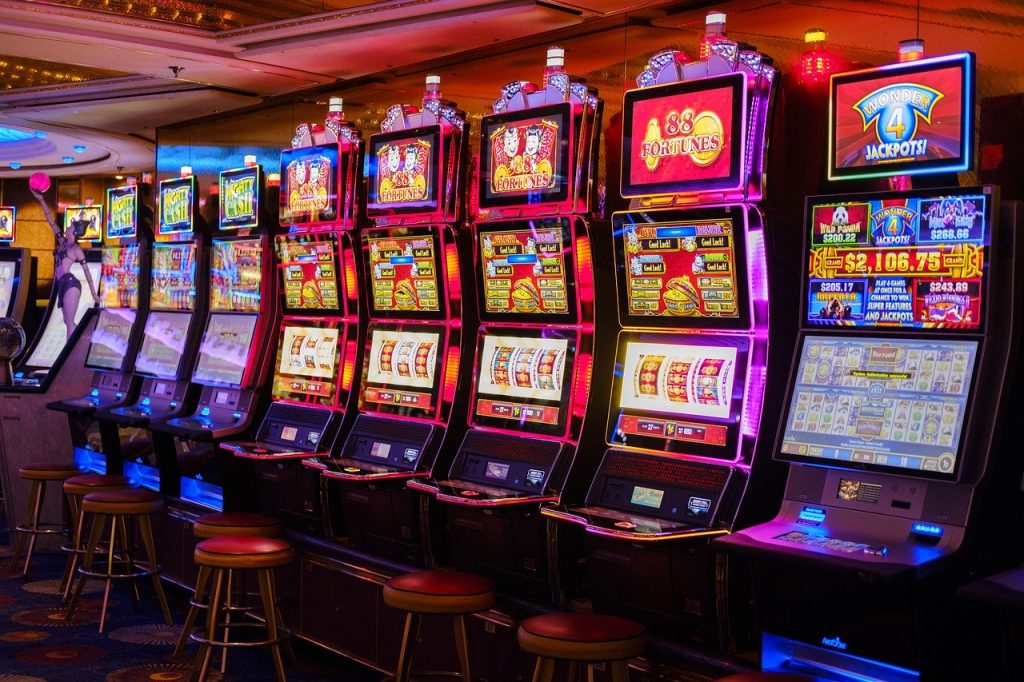Online slot machines are a fascinating blend of technology and chance and at the heart of their operation lays a critical component known as the Random Number Generator RNG. Understanding the science behind RNGs can provide valuable insights into how these games ensure fairness and randomness, and why they are so integral to the online gaming experience. At its core, an RNG is a computer algorithm designed to produce random numbers. In the context of online slot machines, the RNG is responsible for determining the outcome of each spin. Unlike physical slot machines, which use mechanical reels and physical stops, online slots rely on RNGs to simulate the spinning of reels and generate a random sequence of symbols. This sequence dictates the result of each spin, ensuring that every outcome is independent and unpredictable.

The RNG in online slot pulsa machines works by generating thousands of numbers per second, even when the game is not actively being played. When a player initiates a spin, the RNG selects a number from its pre-generated sequence. This number corresponds to a specific combination of symbols on the slot’s virtual reels. The result is displayed on the screen, reflecting a random and fair outcome. One of the key principles behind RNGs is that they use algorithms to produce results that are statistically random and unbiased. This means that each number in the sequence is equally likely to be selected, ensuring that no patterns or predictabilities can be exploited. The RNGs used in online slots are regularly tested and certified by independent auditing agencies to verify their fairness and compliance with industry standards.
Moreover, RNGs are designed to mimic true randomness as closely as possible. True randomness means that every possible outcome has an equal chance of occurring, without any influence from previous or future outcomes. This principle is crucial in maintaining the integrity of online slot machines, as it ensures that the games remain fair for all players. To further ensure fairness, online casinos employ Return to Player RTP percentages. The RTP is a theoretical measure of how much a slot machine will pay back to players over time. For instance, if a slot machine has an RTP of 96%, it means that, on average, it will return 96 for every 100 wagered. The RTP is determined by the RNG and the game’s payout structure, and it is an essential factor for players to consider when choosing which slots to play.